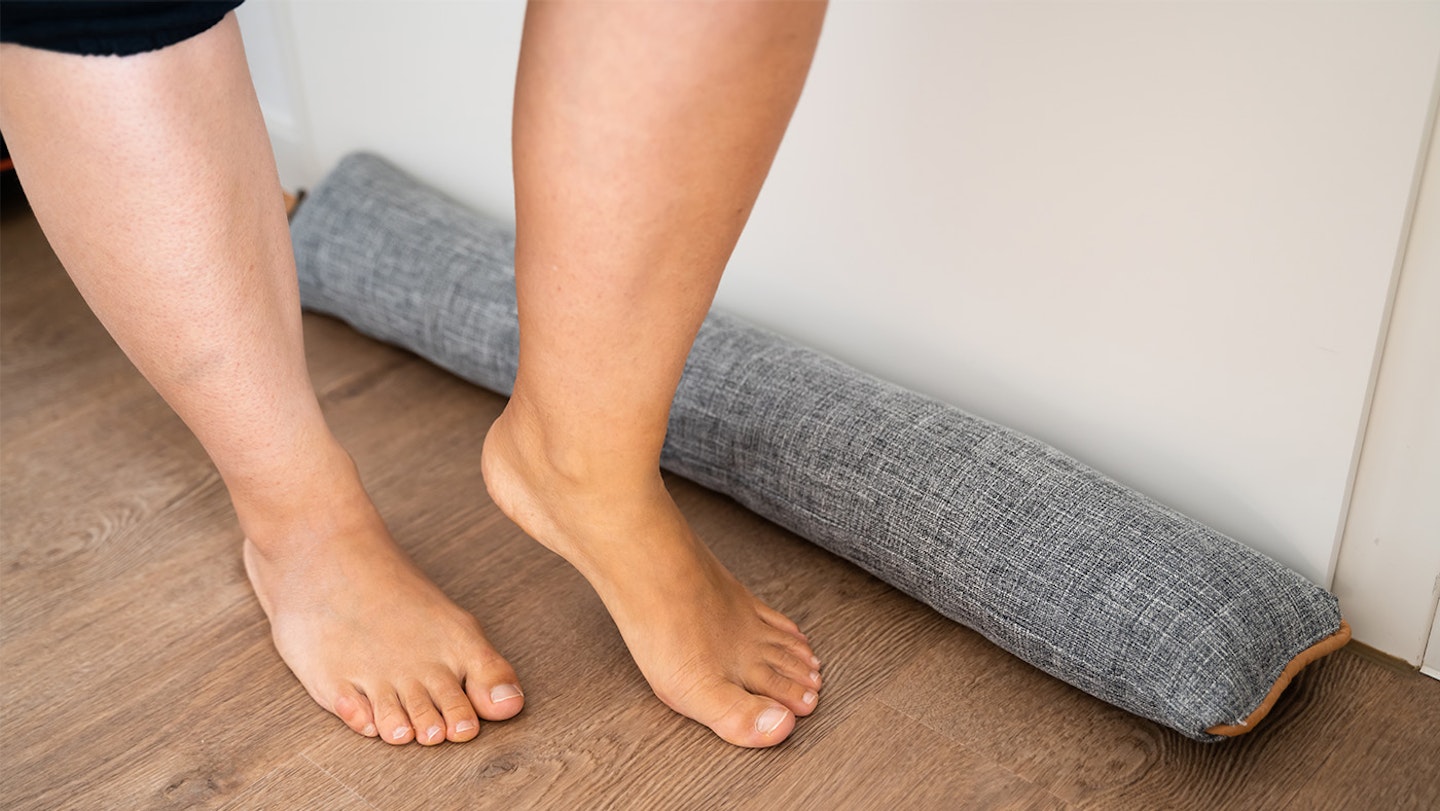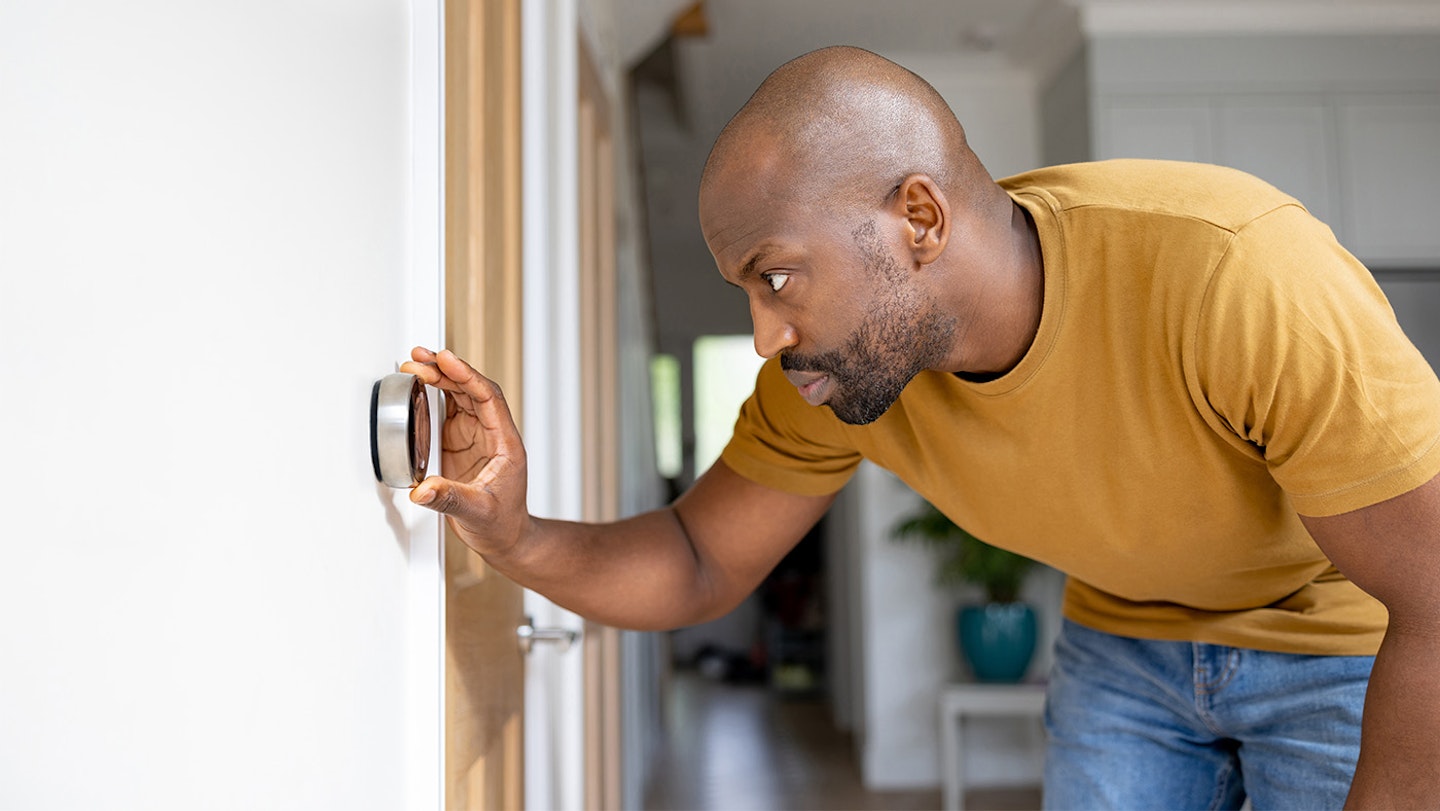With the cost of living crisis hitting headlines every day and energy costs soaring, most of us are wondering how we can make savings on our bills. And as 50 per cent of the energy used in homes goes on heating alone, looking at ways you can conserve heat and save money on heating is vital for anyone, but particularly if you’re a parent who already has plenty of baby-related expenses to think about.
Luckily, there are plenty of ways you can take control of your heating (and no, not just by wearing a jumper!). Below, Richard Kay from the Energy Saving Trust, suggests simple tricks to save money on heating bills.
Save money on heating
1. Turn the thermostat down
It seems obvious, but many of us have our central heating set higher than we need (it’s recommended you keep it between 18-21°C), or on without even realising. Every degree you reduce it will make an additional saving to your heating bill. In fact, turning your thermostat down by just 1°C can cut it by £75 a year, according to the Energy Saving Trust.
2. nsulate, insulate, insulate
Around a third of all the heat lost in an uninsulated home goes through the walls, while a quarter of heat is lost through the roof. A better-insulated home is an investment, but it can make big long-term savings. For example, fitting loft insulation in a semi-detached house costs £300, but you could make £150 of this cost back on savings on your heating bill per year. You’ll have made the whole cost of the insulation back within two years.
3. Fit draught excluders
Draught-proofing your windows, doors and odd little holes around the home can be a great way of stopping heat from escaping meaning you'll save money on heating. Draught-proofing products are available in most DIY shops, potentially saving you up to £30 a year, according to the Energy Saving Trust. These include draught excluders to fit the bottom of doors, good-quality curtains to save heat from escaping through windows, silicone skirting boards sealant and chimney draught excluders.

4. Understand how your heating works
As the weather gets chillier, it’s tempting to crank up the thermostat dial as soon as you get in from the cold. However, you don’t actually need to do this because the thermostat works to maintain the same temperature in the home whatever the weather. If you’re feeling chilly, grab a blanket or put on a jumper for 20 minutes and give yourself time to warm up.
5. Set your heating on a timer
Many heating systems can be set up on a timer system. These automatically switch your heating off when you’re not at home, or when you can do without the heating being on. Programmes allow you to set ‘on’ and ‘off’ time periods. Most models will let you set the central heating and domestic hot water to go on and off at different times. And if there is an unexpected cold spell, there’s often a manual override option.
You should set the central heating programme to come on half an hour before you get up, and go off half an hour before you go to bed.
And if the house is empty during the day, or you can manage without heating during the day, make sure you’ve set the programmer to go off for this period too. Check that the clock on the programmer is correct before you set your programmes and remember to adjust it when the clocks change.
6. Make use of your oven
If safe to do so, after you've finished cooking, leave your oven door open to release the hot air and warm up your kitchen.
7. Don’t turn up the thermostat to heat the room quicker
We have all been guilty of turning the room thermostat up when we want the room to heat up more quickly. In fact, this doesn’t help your home get warmer any quicker and merely heats it to a warmer temperature. It’s also easy to forget to turn it down once it becomes warm.

8. Fit reflective radiator panels
With radiators fitted to walls, it’s very easy for the heat to escape straight through the wall. However, fitting silver reflective panels behind the radiator will help to reduce heat loss by reflecting heat back into the room.
Otherwise, try to keep your radiator clear so it can efficiently heat up your room rather than being directed into a piece of furniture.
9. Shut that door!
Radiators, electric panel heaters and convection heaters all work by creating a convection current in a room. As hot air rises, it circles around to the other side of the room, cools and sinks and travels back along the floor to the heater to be reheated again. Make sure you close doors as that will mean the warm air current stays in the room and you can save money on heating by having the thermostat on less.
10. Switch energy suppliers
It's always worth shopping around to check you are on the best deal possible for your energy. You can easily do this via sites such as MoneySuperMarket and Compare The Market.
A journalist since 2015, Emily Gilbert is the Features & Reviews Editor for Mother&Baby and has written for the website and previously the magazine for seven years. Emily writes about everything from the top baby products to pregnancy, fertility and maternal mental health. Specialising in product reviews, Emily is the first to know about all the exciting new releases in the parenting industry.
